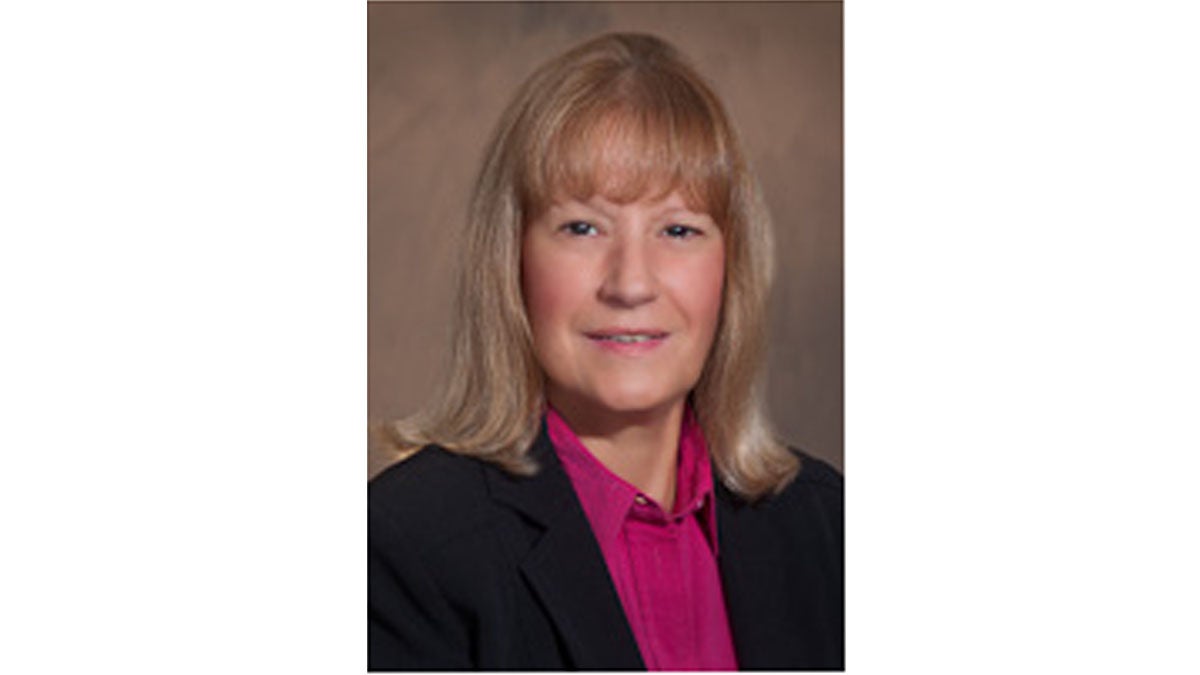Drug offender turned successful exec in Bucks wins presidential pardon
Listen
Diane DeBarri
A Bucks County woman, one of 12 people whose federal convictions have been pardoned by President Barack Obama, was recognized for her transition from felony offender to successful nonprofit executive.
“I did this mostly for my family – to show them what you can do through effort and perseverance,” said Diane Mary DeBarri, 61, who said she applied for the pardon about three years ago. “It reinforces the fact that people can overcome their past and devote their lives to making a positive difference for others.”
DeBarri was convicted 30 years ago on federal drug charges – namely, conspiracy to produce and distribute methamphetamines – and sentenced to 90 days in prison and five years’ probation.
After her release she found an entry-level position with the Kintock Group, a nonprofit that provides housing and transitional services to convicted offenders. She eventually rose to become CEO.
Now, she hopes her story is one that will inspire her clients. “I know what they’re going through,” she said. “A pardon is not an expungement. It’s forgiveness. And that’s what it’s about – working hard to get that forgiveness, and being able to prove to people that you’ve turned your life around.”
The benefits of a pardon, however, are more than symbolic, said Margaret Love, an attorney who spent seven years as the U.S. Department of Justice’s “pardon attorney,” handling clemency requests.
“By virtue of a felony conviction, someone becomes subject to a whole range of legal restrictions and disqualifications, from employment and licensing, to public contracts, adopting a child, possessing a firearm,” Love said. “Many of them have no end date. They just go on.”
A pardon eliminates those restrictions, Love said. And while the benefit to the pardoned individual is obvious, the benefit to society at large is no less important, she said.
“The public sees their justice system working well,” she said. “They hear good news stories about people who maybe made a mistake and changed their lives … it sends a message about the degree of flexibility and mercy in the system that I think the public generally, in their better self, wants to hear.”
The Department of Justice receives thousands of clemency requests every year – some asking for past convictions to be pardoned (like DeBarri’s), and others asking for their sentences to be commuted (as happened with an additional eight offenders this year).
Only a handful of pardon-seekers get their wish, Love said. But those who do often fit DeBarri’s profile: offenders who turned their lives around. “That would be the main criterion – having been a good, law-abiding citizen,” said Love.
Obama’s choices for this years’ pardons fit that pattern, she said. Her only wish is that there were more of them. Obama has been somewhat “parsimonious” with pardons, she said, issuing fewer than most presidents. He’s on pace to pardon about half as many people as his immediate predecessor, George W. Bush.
“These are all very old cases, they didn’t do much time in prison – only two of them did more than six months,” she said. “Obama has not pardoned very generously to date. One always hopes that he’ll pick up the pace in his last two years, but there are many, many people whose applications are still pending, that I know are really good cases. So I’m hopeful that he will become more generous in his last two years.”
And as for DeBarri, her pardon won’t mean any big changes in her life, she said. She’s looking forward to “continuing what I do every day at work.” And as for the holidays, she said, she hoped for nothing more than to spend “quiet time with my family.”
WHYY is your source for fact-based, in-depth journalism and information. As a nonprofit organization, we rely on financial support from readers like you. Please give today.

